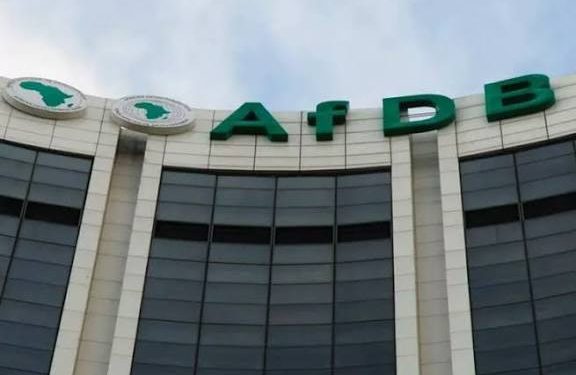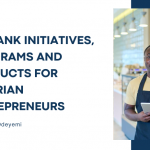The African Development Bank (AfDB) has approved a $25 million equity investment in The Currency Exchange Fund (TCX), a global institution that provides long-term local currency hedging solutions in emerging and frontier markets.
The move is expected to strengthen African capital markets, reduce foreign exchange (FX) risks, and expand financing opportunities for micro, small and medium-sized enterprises (MSMEs), infrastructure developers, and public institutions across the continent.
TCX operates as a development-focused fund, offering tailor-made hedging instruments that enable local currency lending in economies where traditional FX hedging markets are underdeveloped or non-existent. By allowing businesses to borrow and repay in local currencies, TCX shields them from the volatility of hard currency debt.
Since its inception, TCX has hedged more than $17 billion globally, including over $4 billion across 31 African countries. Nearly 18% of its current portfolio serves fragile and low-income markets, where entrepreneurs and governments often lack access to risk management tools.
The AfDB investment will boost TCX’s capital base, enhance its risk-bearing capacity, and attract further financing from development finance institutions (DFIs) and private investors. Priority sectors include public debt management, infrastructure and energy access, and SME development — all critical drivers of inclusive economic growth and job creation.
Ahmed Attout, AfDB’s Director of Financial Sector Development, said the initiative addresses one of Africa’s key structural challenges.
“This investment will unlock local currency financing for MSMEs, infrastructure, and other sectors, while addressing the root causes of debt distress that often arise from currency mismatches,” he explained.
Ruurd Brouwer, CEO of TCX, welcomed the AfDB’s stake, noting that it strengthens a coalition of DFIs, impact investors, and governments committed to de-risking African markets.
“This partnership will protect borrowers from currency shocks and accelerate the development of African capital markets,” Brouwer said.
The initiative aligns with AfDB’s Ten-Year Strategy (2024–2033), which emphasizes financial sector resilience and inclusive growth. Analysts say the deal could provide small businesses in fragile states with more stable financing, helping them plan, expand, and create jobs without being crippled by exchange rate volatility.
As global financial tightening persists, the investment is seen as a timely buffer for Africa’s private sector, ensuring sustainable growth despite external currency shocks.










